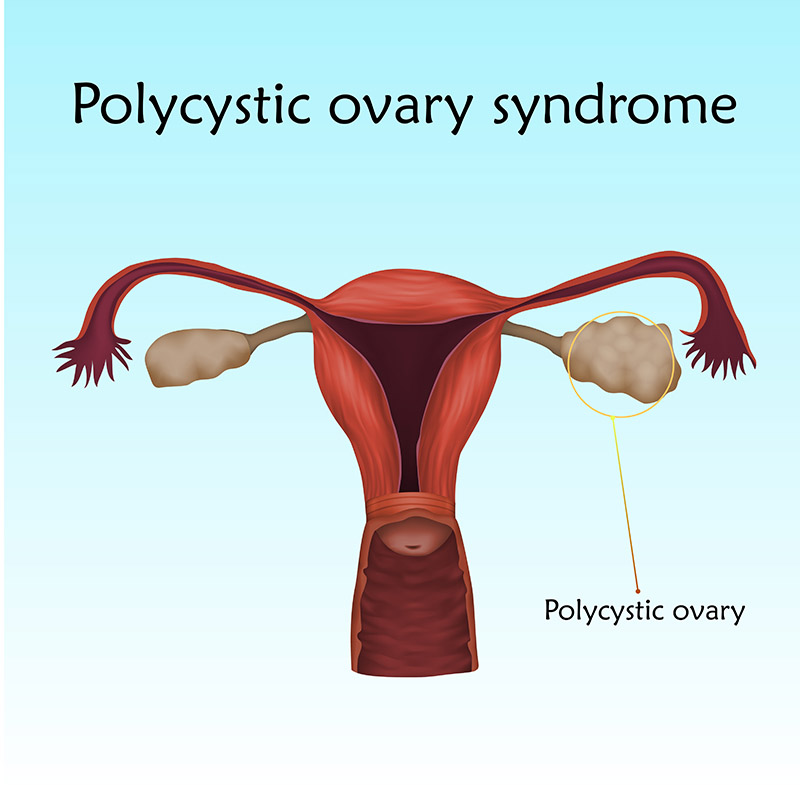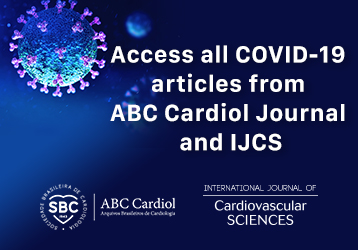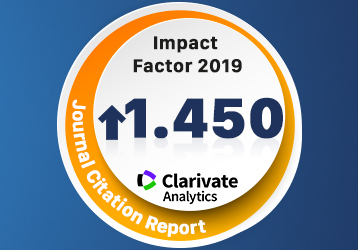Volume 112, Nº 4, April 2019
DOI: http://www.dx.doi.org/10.5935/abc.20190031
ORIGINAL ARTICLE
Women with Polycystic Ovarian Syndrome Exhibit Reduced Baroreflex Sensitivity That May Be Associated with Increased Body Fat
Stella Vieira Philbois
Ada Clarice Gastaldi
Tábata de Paula Facioli
Ana Carolina Sanches Felix
Rosana Maria dos Reis
Thauane Hanna Fares
Hugo Celso Dutra de Souza

Abstract
Background: Polycystic ovarian syndrome (PCOS) women have a high prevalence of obesity and alterations in cardiovascular autonomic control, mainly modifications in heart rate variability (HRV) autonomic modulation. However, there are few studies about other autonomic control parameters, such as blood pressure variability (BPV) and baroreflex sensitivity (BRS). In addition, there are still doubts about the obesity real contribution in altering autonomic control in these women.
Objective: To investigate BPV and BRS autonomic modulation alterations in PCOS women, as well as, to evaluate whether these alterations are due PCOS or increased body fat.
Methods: We studied 30 eutrophic volunteers [body mass index (BMI) < 25 kg/m2] without PCOS (control group) and 60 volunteers with PCOS divided into: eutrophic (BMI < 25 kg/m2, N = 30) and obese women (BMI > 30 kg/m2, N = 30). All volunteers were submitted to anthropometric evaluation, hemodynamic and cardiorespiratory parameters record at rest and during physical exercise, analysis of HRV, BPV and spontaneous BRS. The differences in p less than 5% (p < 0.05) were considered statistically significant.
Results: Related to eutrophics groups, there were no differences in autonomic parameters evaluated. The comparison between the PCOS groups showed that both PCOS groups did not differ in the BPV analysis. Although, the obese PCOS group presented lower values of spontaneous BRS and HRV, in low frequency and high frequency oscillations in absolute units.
Conclusion: Our results suggest that obesity did little to alter HRV in women with PCOS, but it may influence the spontaneous BRS. (Arq Bras Cardiol. 2019; 112(4):424-429)
Keywords: Obesity; Hypertension; Polycystic Ovary Syndrome/physiopathology; Adiposity; Body Fat Distribution; Autonomic Nervous System; Heart Rate.















